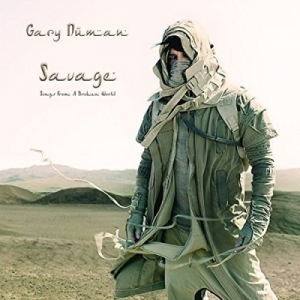
FineScanner PDF Scanner + OCR
Business and Productivity
App
FineScanner turns your mobile device into a powerful all-purpose mobile scanner to quickly capture...

Savage (Songs From A Broken World) by Gary Numan
Album Watch
Coming almost four years after his album ‘Splinter (Songs From A Broken Mind)’ earned the best...
dance pop

Sheets & Giggles Game
Tabletop Game
The Sheets & Giggles Game is a party game for adults with 4 rounds of hilarious, inappropriate,...

Real Racing 2 HD
Games and Entertainment
App
Read on for important info below! Are you ready for the ultimate racing experience for iOS?...

The Blackjack Wiz
Entertainment and Games
App
Game Controller & TV Remote Supported! Blackjack is a classic casino game and seemingly so simple....

Cyclemeter Cycling Running GPS
Health & Fitness
App Watch
Cyclemeter is the most advanced application for cyclists ever designed for a mobile device. Built...
health and fitness

Oh She Glows
Food & Drink and Lifestyle
App
We're thrilled to announce that we're one of App Store's Best of 2016! Brought to you by New York...

Real Racing 2
Games and Entertainment
App
Read on for important info below! **Fully enhanced for iPhone 5.** Get ready for the most...

Decked Builder
Games and Entertainment
App
Decked Builder is the premium deck building app for Magic the Gathering -- providing a sleek user...

WingX Pro7 - Aviation Moving Map, Charts, Weather
Navigation and Travel
App
WingX Pro7's simple subscription model: ● $74.95 annual subscription (or $199.95 for 3 years) ●...